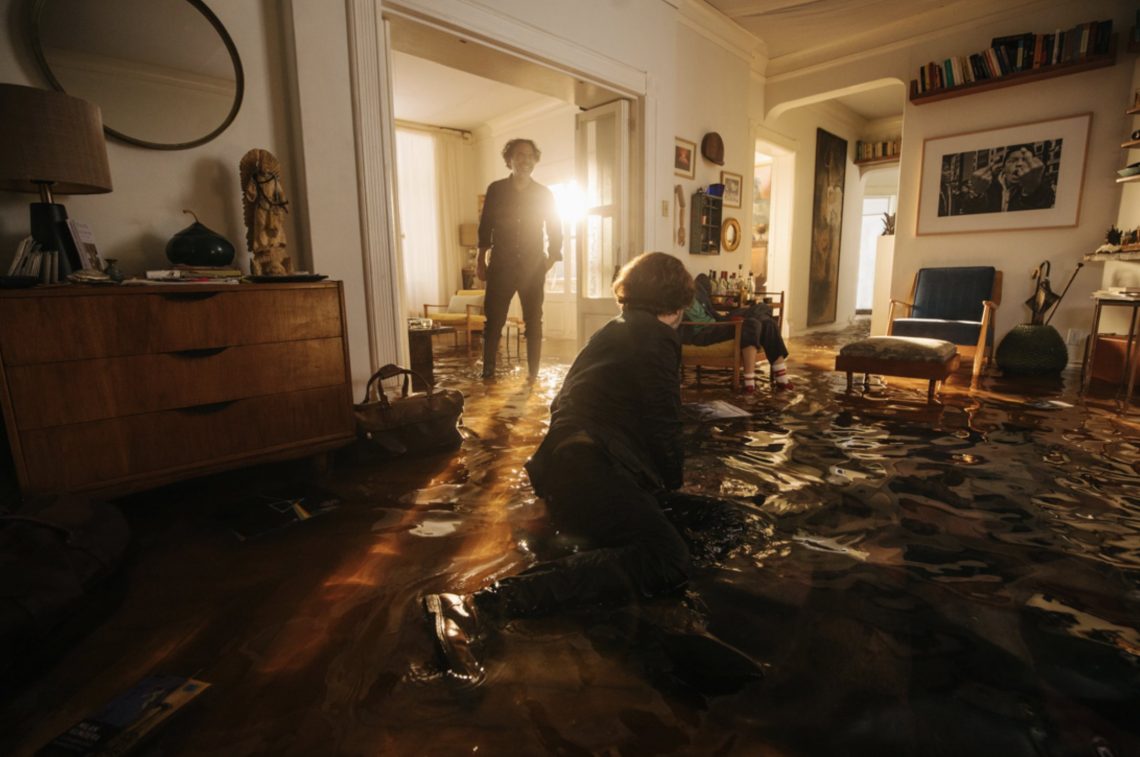New film BARDO, A False Chronicle of a Handful of Truths is the profound fever dream that Alejandro González Iñárritu journeys the viewers through, leaving them with a hard-hitting message related to roots, nationalism, nostalgia and the state of remaining in ‘bardo’- the Tibetan word for limbo between life and death.
Bardo can be interpreted differently by different people. Iñárritu lets the audience choose their own meaning. For first-generation immigrants. For journalists. For temporary nationalists. For western apologists. For moral police. For those who left. For those who couldn’t. For you. For me.
At the centre of the film is an immigrant journalist and documentarian, Silverio Gama, who seems to be in a bit of a soup over receiving an award from an association of American journalists. While he is proud of his own achievements, he is constantly reevaluating his life choices and decisions to emigrate to the United States for a better future for his family. The constant doubt leads him to have violent experiences that he often recreates through his docufiction films that, like Bardo, receive divisive criticism.
Silverio’s complicated relationship with his fatherland is unravelled and unpacked in different ways. From his quest to becoming a good father to his children and the dead child to him having hallucinations of his own father saying that he is proud of him, Silverio hounds for acceptance and forgiveness- he is apologetic for leaving, for being privileged and much more.
The central idea of Alejandro González Iñárritu’s film, in my opinion, is that one can never truly leave, no matter how hard one tries. It showcases the dilemma of every first-generation immigrant while upholding the differences in types of immigration- Silverio flew his family on a plane while those he documented crossing the border into Arizona walk for miles and often get killed by calamities- natural and man-made.
The dilemma, something that every first-generation immigrant feels, is palpable. It is not my country, these are not my people. I will never belong here. Then why am I here? Do I go back? Can I go back? Where do I go back? Do I even belong there? Sorry, I digress.
I hope Bardo wins Best Picture. With its existential overtones, it is an unforgettable two-hour-forty-minute cinematic experience with an opening scene that is graphic and perhaps one of the best scenes in 2022.
It begins with Silverio’s wife, Luciá in the hospital during labour. After the baby is born, the doctor makes a curious statement, saying that the baby does not want to be here and wants to go back inside his mother’s womb. “He says the world’s too fucked up”, says the doctor as he pushes Mateo, the baby, into Luciá’s womb. She is later seen walking out with Silverio with a foot-long umbilical cord hanging out of her, which Silverio then crudely cuts off with scissors.
Besides the usual references to the state of affairs in the world and the current scenario not being ideal to bring new life into the world, Mateo’s death (or suicide?) is more symbolic. Mateo is an overarching presence in Silverio’s life. His absence (and presence) makes Silverio doubt. His absence creates a void in his heart. His absence is resonant of probably many immigrants who could have been here but are not due to several circumstances, being killed being the primary reason, as pointed out by Silverio’s teenage son.
The opening scene is fantastic because Iñárritu does not take up time with baseless introductions. The shock factor of seeing a baby being pushed back into the womb dies down and you realize what a profound way the filmmaker uses to show the death of a baby who refuses to exist in this harrowing world.
Starring Daniel Giménez Cacho, Ximena Lamadrid, Griselda Sicillani, Andrés Almeida, Francisco Rubio and many others, the film is a devastating and touching experience that can be felt, not seen.
Bardo is available for streaming on Netflix.
